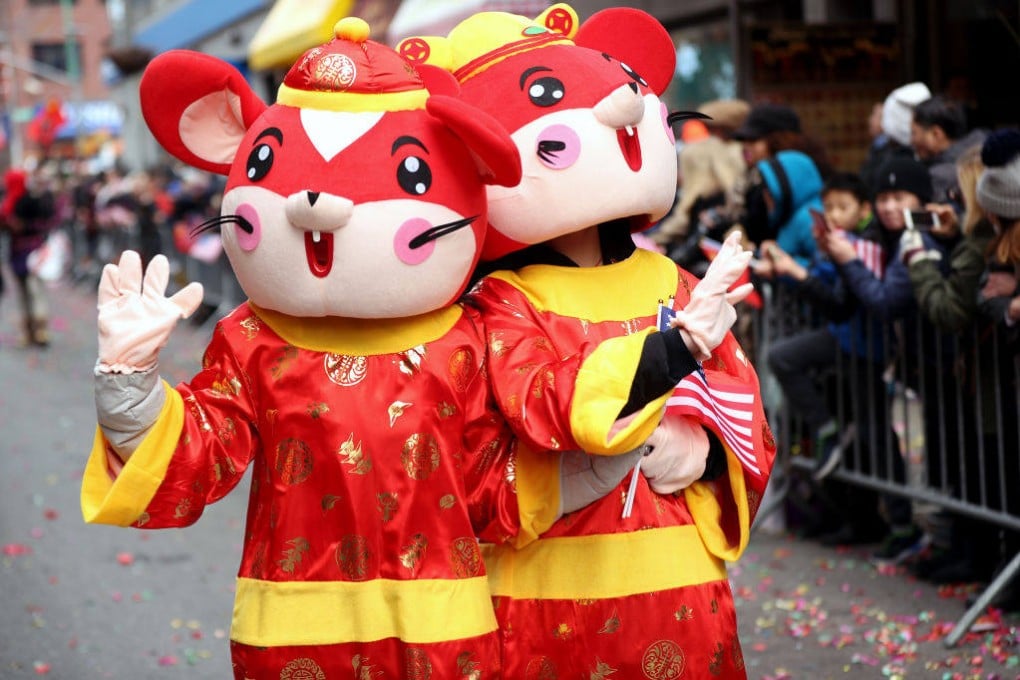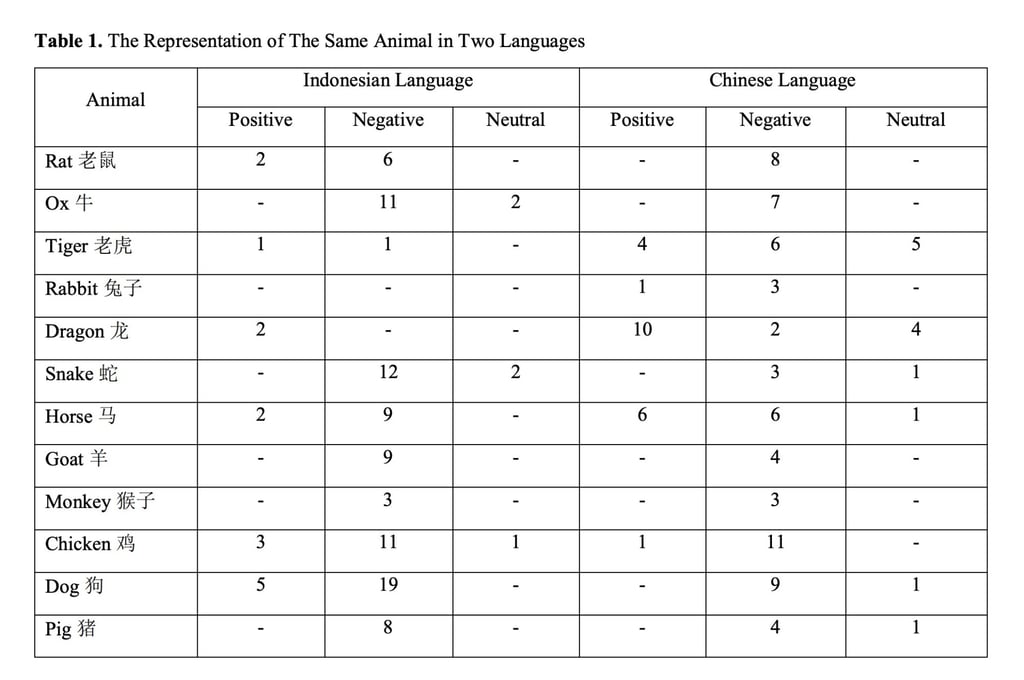How language changes our perception of the Chinese zodiac
- Researchers from Indonesia compared idioms of Chinese zodiac creatures in Bahasa Indonesia and Mandarin
- They found interesting revelations, such as an almost irrelevancy of dragons in Indonesia when compared to China

When it comes to the Chinese zodiac, creatures like dragons and tigers are so important that they have become stereotypes used to represent the nation. And yet, if we analyse the exact same zodiac in a different language, Bahasa Indonesia, the dragons and tigers are almost irrelevant.

The researchers, who approached the Chinese proverbs as their second language, said the paper’s goal was to “compare the cultural viewpoints that form the idioms of the 12 Chinese zodiac animals”.
“Idioms describe cultural values, and even have similar meanings but are said in different phrases. Cultural factors cause this difference as the word’s meaning is constrained by the culture and ecological environment of specific language users,” the academics wrote.
Comparing the dragons and tigers offers an excellent example of how animals in the same zodiac are treated and interpreted entirely differently in two different languages.
The dragon appeared in 16 idioms in Chinese, with four expressions having a negative connotation, while the tiger was present in 15 proverbs spread out between positive, negative and neutral meanings. However, in Bahasa, each creature only appeared twice.
Furthermore, one proverb about dragons in Chinese (“dragon births dragon, phoenix births phoenix”) is transferred to horses in Bahasa (“a horse is a horse, a donkey is a donkey”), highlighting how language changes the emphasis of the same idea.